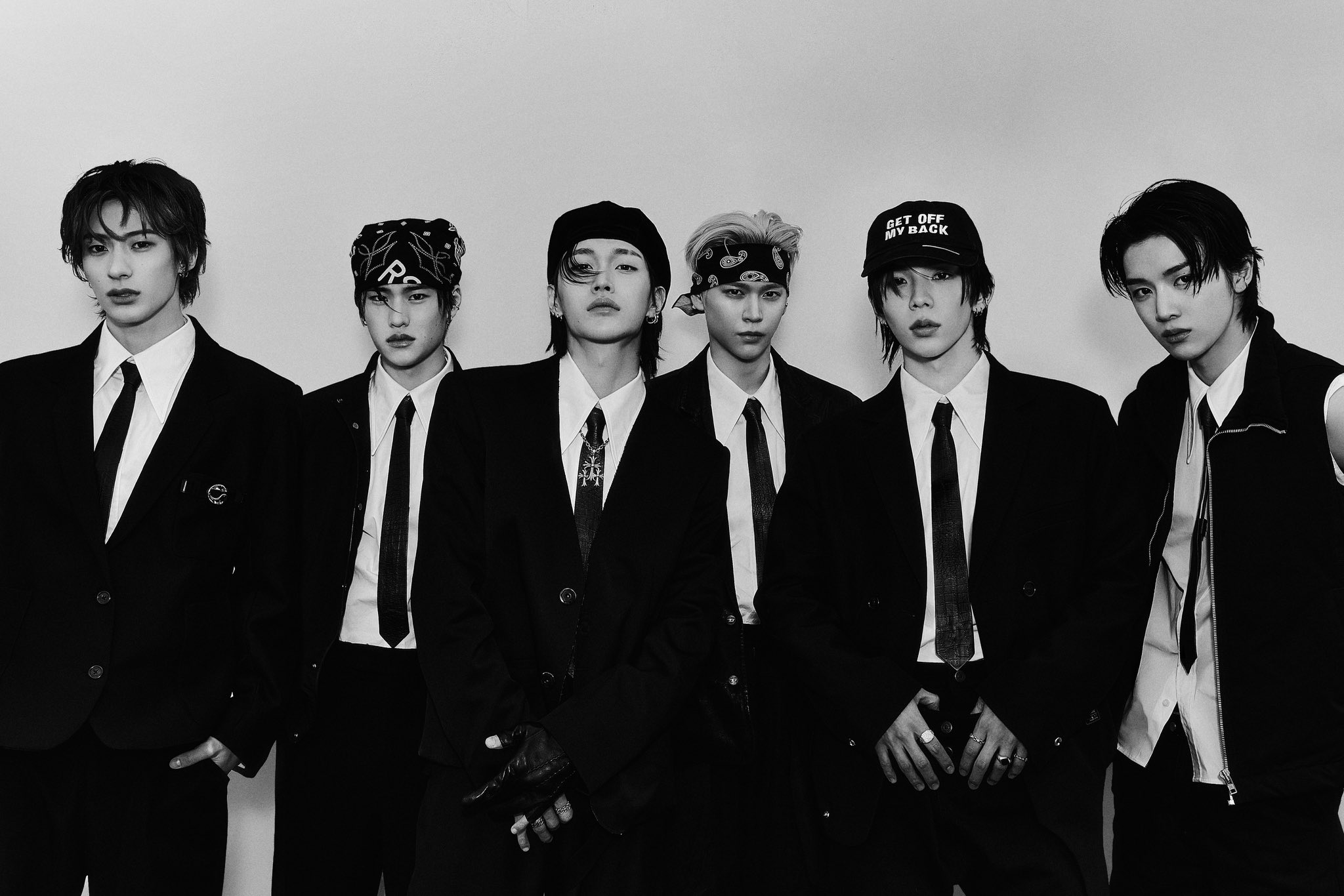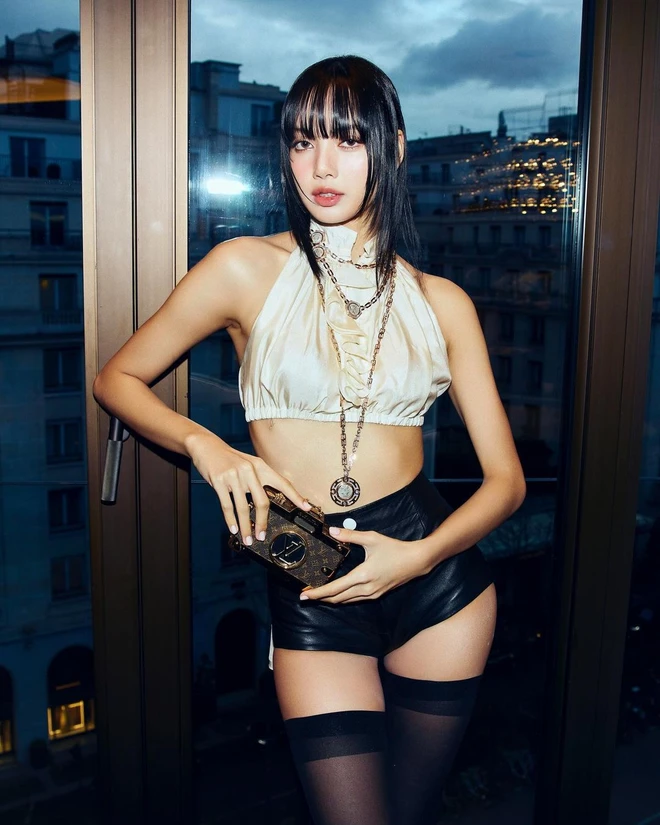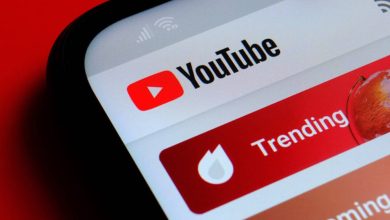In today’s K-pop landscape, being a brand ambassador for a luxury label has become more than just a promotional gig: it’s a symbol of status, influence, and power. From BLACKPINK’s Jennie, Lisa, and Rosé to SEVENTEEN’s S.Coups and even rookies like RIIZE, the fashion world has increasingly intertwined itself with K-pop stardom.
When Did the Trend Start?
It all began to accelerate when G-Dragon of BIGBANG made history in 2016 as the first Asian global ambassador for Chanel, breaking traditional molds and opening doors for idols to represent the world’s most iconic fashion houses.

As K-pop fandom expanded globally, idols from groups like BLACKPINK, NewJeans, and BTS began to land high-profile partnerships with names like Dior, Gucci, and Louis Vuitton.

One striking example is RIIZE, a boy group under SM Entertainment, who were appointed Louis Vuitton ambassadors only 98 days after their debut in December 2023 a record in the idol industry.
The Prestige and the Pressure
But behind the red carpets and glossy campaigns lies a competitive and often toxic undercurrent. As more brands opt for idols over traditional models, a new unofficial hierarchy has emerged, defined not by talent alone, but by brand affiliations.
“It used to feel like recognition,” revealed a director at a top entertainment agency. “Now, it’s become an invisible status system. Young artists start to believe their value depends on which brand they represent.”

Among fans, particularly younger demographics, having a bias for who’s the “face of Dior” or “fronts Chanel” has become a point of pride but also feeds a culture of comparison and materialism. Fan communities have been seen ranking idols based on brand partnerships, often placing greater importance on fashion deals than musical output.
The Cost of Image Wars
Critics warn that this marketing-centric environment is consuming idols at an increasingly young age, with some teenagers being cast into global campaigns before they’ve even fully formed their identities as artists. This, in turn, risks creating internal dissonance within groups, where individual branding overshadows collective image.

“In a fandom-driven industry like K-pop, becoming a brand ambassador isn’t just an opportunity—it’s a ranking system,” said a manager from a global agency. “It creates pride or disappointment among fans and fosters toxic comparisons.”
A longtime fan named Park shared honestly:
“These days, fans treat brand ambassadorships as major achievements. When every member of a group has one, the whole group seems elevated in the public eye.”
What Defines an Idol’s Value?
Music critic Lim Hee-yun expressed concern over where the true value of idols will be drawn from going forward.

“Will it be from breathtaking performances and exceptional music, or just brand partnerships?”
In an era where brand deals rival music charts in influence, the line between artist and influencer continues to blur. The question remains: can artistry still thrive under the weight of luxury?







